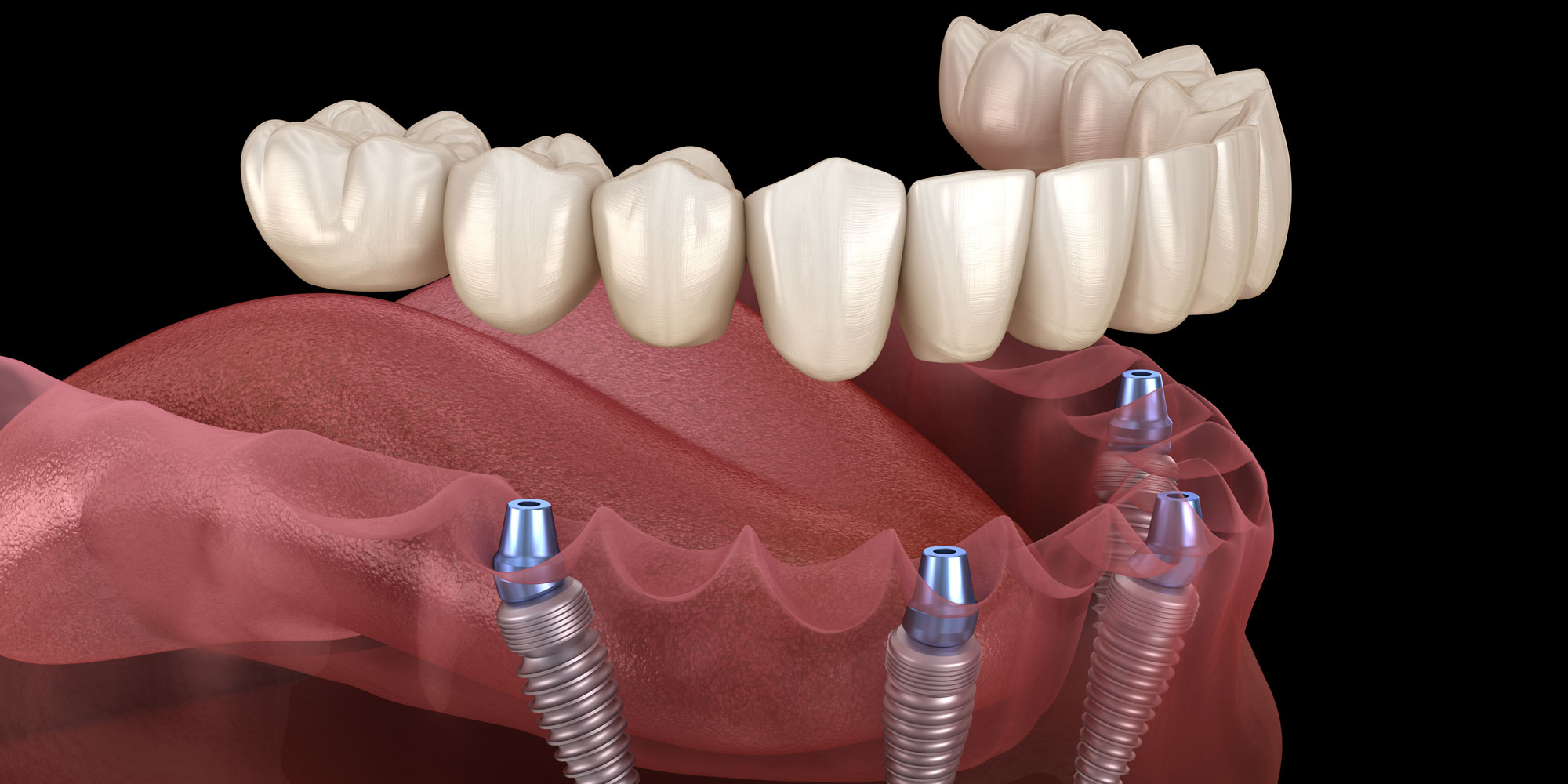Fascination About Dental Sense
Fascination About Dental Sense
Blog Article
How Dental Sense can Save You Time, Stress, and Money.
Table of ContentsNot known Facts About Dental SenseSome Of Dental SenseSome Known Factual Statements About Dental Sense Examine This Report on Dental Sense
are clinical gadgets surgically dental implanted right into the jaw to recover an individual's capability to chew or their look. They give assistance for synthetic (fake) teeth, such as crowns, bridges, or dentures. When a tooth is shed due to injury or disease, an individual can experience issues such as quick bone loss, malfunctioning speech, or modifications to chewing patterns that result in discomfort.Oral implant systems are composed of a dental implant body and dental implant abutment and may likewise include a joint fixation screw. Root canal procedure. The oral implant body is operatively placed in the jawbone instead of the tooth's root. The oral implant abutment is usually affixed to the implant body by the joint addiction screw and prolongs with gum tissues right into the mouth to support the connected artificial teeth
(https://padlet.com/matthewmusic33101/dental-sense-ljnep063jjnbcvdg)Structure of The Oral Implant System picking oral implants, talk to your dental provider concerning the prospective advantages and dangers, and whether you are a prospect for the procedure. Things to consider: Your general health is an important consider determining whether you are an excellent candidate for oral implants, how long it will certainly require to heal, and how much time the implant may remain in area.
Smoking may impact the healing procedure and lower the long-lasting success of the dental implant. The healing process for the implant body might take numerous months or longer, during which time you normally have a short-lived abutment instead of the tooth. the dental implant procedure: Very carefully comply with the dental health instructions offered to you by your oral provider.
The Only Guide to Dental Sense
Implant failure can lead to the requirement for an additional procedure to repair or replace the implant system. Brings back the capability to eat Brings back aesthetic appearance Aids keep the jawbone from reducing because of bone loss Preserves the wellness of the surrounding bone and gums Helps maintain adjacent (neighboring) teeth steady Boosts high quality of life Damages to bordering all-natural teeth during dental implant positioning Injury to the surrounding tissues during surgery, such as sinus perforation Injury throughout surgery (for instance, crack of surrounding jawbone) Poor feature, such as seeming like the teeth do not attack with each other normally A sensation that the tooth is loose or turning in position resulting from a joint screw loosening up Implant body failure (looseness of the implant body) as a result of systemic infection, which might be most likely in people with uncontrolled diabetics issues because of regional infection in bone and gum tissues supporting the implant body due to delayed recovery, which might be most likely in clients that smoke Problem cleaning the gums around link the dental implant, causing bad dental health Without treatment gum illness Post-surgical feeling numb as a result of nerve impingement or damages Constantly alert healthcare carriers and imaging service technicians that you have dental implants before any type of magnetic vibration imaging (MRI) or x-ray procedures.
FDA is not knowledgeable about any type of unfavorable occasions reported for MRI or x-ray procedures with oral implants. Dental implants systems are commonly made from products that comply with global agreement criteria of the International Organization for Standardization (ISO) or ASTM International. These criteria have details of what makes a risk-free product.

A dental implant is a structure that replaces a missing tooth. With screw-like gadgets, the surgeon inserts a dental implant right into the jawbone, and it acts as a support for an artificial tooth, called a crown.
Fascination About Dental Sense
Some individuals are not qualified for oral implant surgical procedure. It is for dental doctors to run on people with: intense illnessuncontrollable metabolic diseasebone or soft cells illness or infectionIf these problems are resolved, a person can have the surgical procedure. In, oral surgeons avoid operating people with: If individuals with any one of the above go through oral implant surgery, there is a higher threat of the implant falling short.

Dental implant surgery is an individualized process. It's not the same for every person. The complying with offers a basic summary of what you can expect your dental practitioner, oral specialist, periodontist or prosthodontist to do: Place the implant surgically. Give you time to heal. Connect the post and final crown, bridge or denture.
Next off, your doctor will carefully put the dental implant right into your jaw. If your dental implant is near the front of your mouth, your dental expert will certainly make a short-term tooth for you to wear until you heal.
Dental Sense Can Be Fun For Everyone
Your supplier can inform you what to anticipate in your circumstance. During the healing stage, your jawbone ought to fuse to the dental implant. This process, called osseointegration, is critical for security and long-term success. This procedure can take anywhere from three to 9 months. Sometimes, it may take much longer.
When your dental implant heals, your dental expert can affix the abutment (tiny connector article) and your final restoration (crown, bridge or denture). This generally takes concerning one hour to complete and may call for a second small surgical procedure. You shouldn't feel any type of pain throughout your oral implant treatment because your company will use drug to numb your gums.
Report this page